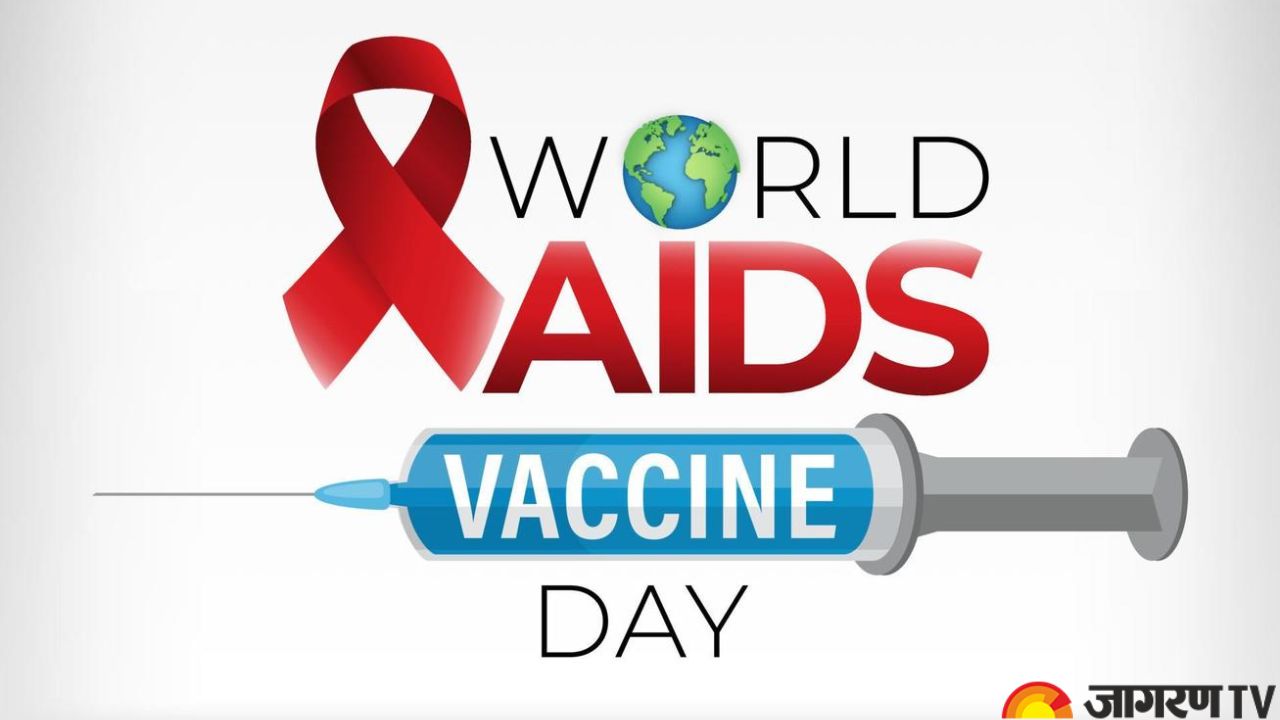World AIDS Vaccine Day 2025: Know History, Significance, and More About HIV Infection

World AIDS Vaccine Day 2025: World AIDS Vaccine Day, also known as HIV Vaccine Awareness Day, is observed every year on May 18th. This historic day serves as a global reminder of the ongoing and critical need for a safe and effective vaccine to prevent HIV infection and, ultimately, halt the AIDS epidemic.
World AIDS Vaccine Day Origin and History
The concept of World AIDS Vaccine Day arose from a strong announcement made by then-US President Bill Clinton on May 18, 1997, during a commencement speech at Morgan State. According to him, “only a truly effective, preventive HIV vaccine can limit and eventually eliminate the threat of AIDS.” This ambitious remark inspired the global scientific and public health sectors to step up their efforts in HIV vaccine research.
The first World AIDS Vaccine Day was held on May 18, 1998, the anniversary of President Clinton’s pivotal address. Since then, this day has become an annual event to raise awareness, promote education, and recognise the hard efforts of those working to create an HIV vaccine.
World AIDS Vaccine Day Significance
World AIDS Vaccine Day holds extreme significance for various reasons:
-
It raises global awareness of the ongoing urgency of the HIV/AIDS epidemic and the important role that a vaccine might play in its prevention and eventual eradication.
-
The day honours and celebrates the dedication and hard work of thousands of scientists, researchers, healthcare professionals, volunteers, and community members who are working to develop a safe and effective HIV vaccine.
-
It is an opportunity to educate the public about HIV prevention, the difficulties of HIV vaccine research, and the value of community participation in these efforts.
-
World AIDS Vaccine Day provides an opportunity to push for more financial and political support for HIV vaccine research and development. Continued and strong funding is critical to accelerating progress in this difficult sector.
-
The day restores hope and strengthens the commitment to ending the HIV/AIDS pandemic, reminding people that scientific advances and collaborative action can lead to a healthier future for all.
What is HIV Infection?
HIV (Human Immunodeficiency Virus) is a virus that targets the immune system, primarily targeting CD4 cells (T-cells), which are essential for battling infections and illnesses. HIV is a retrovirus, which means it uses its own RNA to produce DNA that integrates into the host cell’s DNA, resulting in a lifelong infection.
HIV can be spread through specific bodily fluids:
-
Blood
-
Semen and Pre-Seminal Fluid
-
Vaginal fluids
-
Rectal fluids
-
Breast milk
-
Share needles, syringes, or other drug-injecting equipment.
-
From a pregnant person to their child during pregnancy, childbirth, or breastfeeding.
Without therapy, HIV gradually weakens the immune system, leaving the body vulnerable to opportunistic infections (infections that use a weakened immune system) and some cancers.
What is AIDS?
AIDS (Acquired Immunodeficiency Syndrome) is the most advanced form of HIV infection. It is identified when an HIV patient has an extremely low CD4 cell count (typically less than 200 cells per cubic millimetre of blood) or develops specific opportunistic illnesses or malignancies.
While there is no cure for HIV/AIDS, there has been substantial improvement in therapy. Antiretroviral therapy (ART) is a combination of medications that can dramatically delay the course of HIV, keep the viral load (the amount of HIV in the blood) low or undetectable, and enable HIV patients to live long and healthy lives. Importantly, patients on successful antiretroviral therapy with undetectable viral loads cannot transmit HIV to others through sexual contact.









